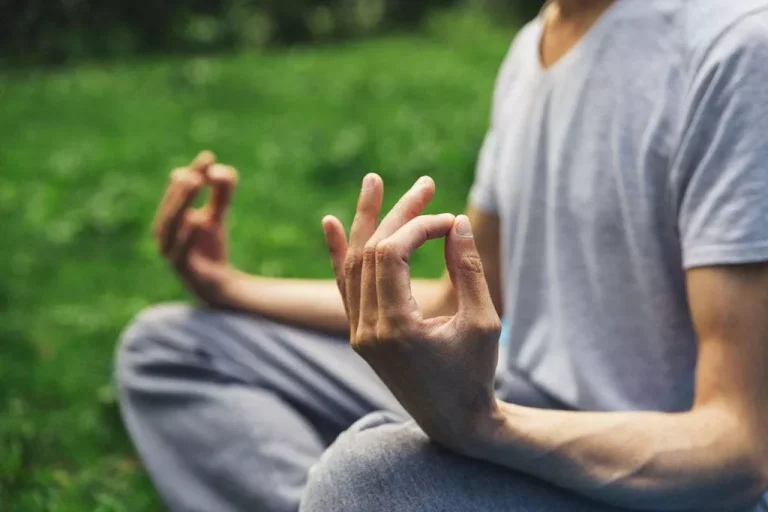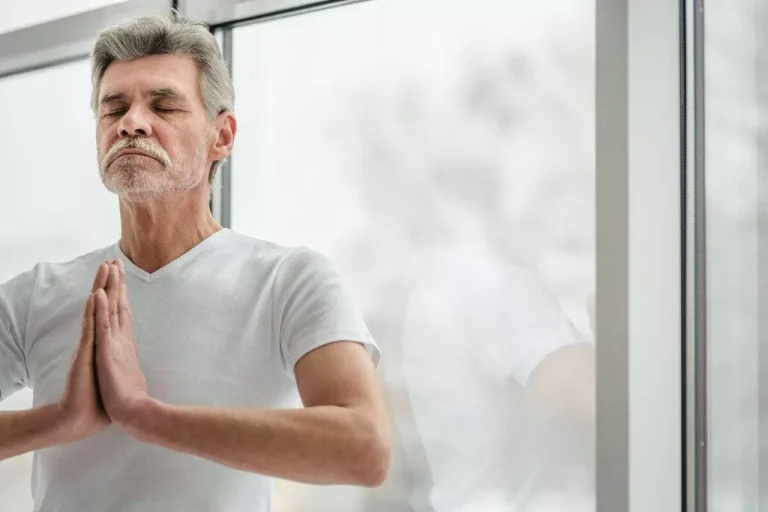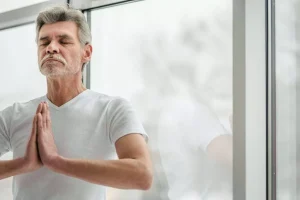
Side effects often include daytime drowsiness, dizziness, does alcohol cause insomnia diarrhea, and more. Sleep restriction may help increase the drive to sleep, but may also increase fatigue during the day. Once the majority of time spent in bed is sleeping, the time in bed can be gradually increased. Chronic insomnia is a relatively common result of alcohol withdrawal syndrome (AWS) and may be accompanied by other symptoms such as headache, fever, vomiting, and intense cravings.
Alcohol and sleep: Why does booze disrupt your shut-eye?

The sleep of individuals with depressive and/or anxiety disorders resembles the sleep of persons with alcoholism (71). Similar REM sleep changes occur during withdrawal in alcoholics with and without secondary depression (54). Polysomnography is not helpful in differentiating among these disorders or their treatment, and thus should not be considered a primary diagnostic instrument for patients with psychiatric disorders and sleep complaints.
Optimize Sleep Hygiene to Reduce Insomnia During Alcohol Withdrawal
Typically, an adult needs seven to eight hours of quality sleep at night, though every person is different. In addition to getting a sufficient number of hours of sleep, it’s also essential to maintain a regular sleep schedule. Combining alcohol with sleep aids (prescription or over-the-counter) can compound sedative effects and lead to dangerous breathing difficulties or excessive drowsiness. Always consult a healthcare provider before mixing any medications with alcohol.
- Whether you are struggling with addiction, mental health or both, our expert team is here to guide you every step of the way.
- At The Recovery Village Atlanta, we have extensive experience helping people stop using alcohol as safely and comfortably as possible.
- More than 70% of those with alcohol use disorder (AUD) also experience alcohol-induced sleep disorders, such as insomnia, according to scientists in a 2020 review.
- One way alcohol may contribute to insomnia is through the neurochemical changes it causes.
- Alcohol’s disruptive effect on sleep also make a person more vulnerable to parasomnias.
- In all, it’s imperative to note that these are merely factors and not binding verdicts.
Hydrate and Prepare for Sleep
- A person sleeping the same amount as another, but with their sleep cycles disrupted, will feel less rested and more tired.
- The best thing you can do is to try to reset your natural sleep cycle, and that takes time.
- These sleep tools can help you get your insomnia under control, so you can devote more energy to confronting any other issues.
- Binge drinking or excessive alcohol consumption is likely to negatively impact sleep more than light or moderate drinking.
- If they aren’t forthcoming about their dependency or possible addiction, then a doctor can’t prescribe proper treatment.
If you’ve had several drinks, it’s best if your last drink is finished at least several hours before you go to bed. Remember, these are averages based on research and does not apply uniformly to every individual experiencing insomnia after quitting alcohol. It always does good to approach this journey of recovery patiently and optimistically, savoring every little milestone along the way. Drawing from empirical facts and extensive research, it is clear that the severity of addiction, overall lifestyle, and health are elements that greatly influence how long insomnia plagues an individual after what is alcoholism they’ve quit alcohol.
The Relationship Between Alcohol And Insomnia
The REM sleep architecture normalized over time with continued recovery (Imatoh et al., 1986). This phenomenon may suggest a normalization of the acrophase of REM sleep with sobriety and may also account for increased REM % during early recovery. In a frequently cited study, decreased REM sleep latency and increased REM % was seen at 27 months into recovery (Drummond et al., 1998).
The amount a person drinks and the timing of their drinking can contribute to the severity of their alcohol-induced or alcohol-exacerbated insomnia. As a general rule, drinking more heavily is going to be more disruptive. If you drink, drinking closer to when you go to sleep can have a significantly worse effect than drinking earlier. Even after alcohol is metabolized, meaning the body has fully broken it down, it has been shown to still cause sleep disruptions for at least several hours. At high doses, alcohol has been shown to have a rebound effect, basically causing the body to adjust to have almost an opposite effect to the effect alcohol had once it is metabolized. This pattern is interrupted by a rise to REM sleep, which lasts for a short period, then a steady fall back through the stages of NREM sleep.

Conversely, a later study failed to find that a similar agent, the serotonin precursor L-tryptophan, improved sleep any more than did an inactive substance (i.e., a placebo) in detoxified alcoholic patients (Asheychik et al. 1989). In the latter study, however, the subjects had not been selected based on sleep complaints, and they slept relatively well prior to receiving medication, which may have distorted the research results. The levels of oxygen in the blood are another https://ecosoberhouse.com/ indicator of whether breathing is interrupted during sleep. Vitiello and colleagues (1990) found that low levels of oxygen in the blood (i.e., hypoxemia) occurred more commonly in alcoholic men who had been abstinent for a mean of 115 days than in control subjects. In the alcoholic group, neither the number of abstinent days nor smoking predicted hypoxemia. The acute withdrawal phase after cessation of alcohol consumption lasts approximately 1 to 2 weeks.

Evidence-Based Strategies for Managing Sleep During Recovery
Long-term or chronic insomnia lasts much longer and occurs for months or years. One of the problems with the insomnia that alcoholics experience is that it can go along with their substance use. When you drink too much and try to stop drinking, you may have a hard time calming your racing mind.
Insomnia and other types of sleep disturbances increase your risk of relapsing later. Insomnia can make you feel anxious and irritable or cause other emotions because it prevents you from getting the sleep you need. This can lead to stress and cause you to reach for alcohol to escape your emotions. Do not hesitate to reach out if you or someone in your life needs help with alcohol withdrawal.
